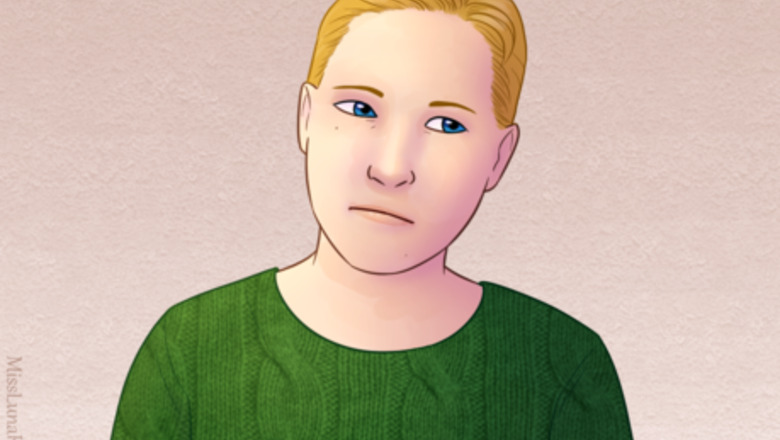
views
Identifying the Common Rumors
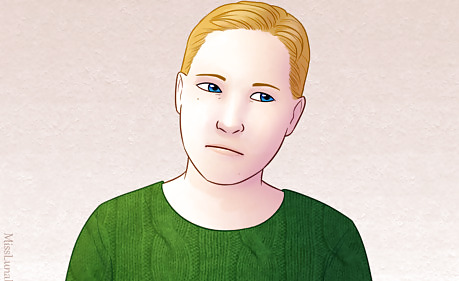
Remember that there are currently no cures for COVID-19. One of the most common rumors about COVID-19 is that there are supplements, drugs, or lifestyle changes that can kill the virus and cure the disease. These claims are all false. Currently, there is no cure for the virus, and the only effective treatment is bed rest and lots of fluids. Any advertisement that claims otherwise is false. Some companies have claimed that health supplements with colloidal silver cure coronavirus. This is not only false, but colloidal silver has serious side effects like heavy metal poisoning, skin discoloration, and drug interactions. It isn’t recommended to treat any disease or condition. Some other common treatment rumors are taking a hot bath, washing your nose with saline, eating garlic, and taking non-FDA-approved drugs. None of these treatments are effective against COVID-19. Many of these health claims are actually illegal. The FDA is currently investigating several companies that have made false health claims to sell products.
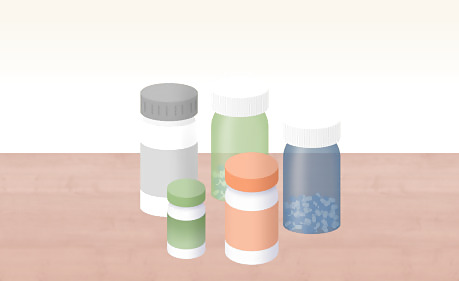
Reject any story that claims diets or drugs can prevent COVID-19. In addition to claims that certain substances or treatments can cure COVID-19, there are also a number of claims that similar things can prevent the virus.These are also false, and there is no magic way to avoid getting the virus. The best way to prevent the virus is still staying home, washing your hands frequently, not touching your face, and wearing a mask if you’re around someone who’s sick. Some of these methods range from harmless yet ineffective to dangerous. Especially look out for claims about drinking a lot of alcohol, dousing your body in bleach, rinsing your nose with chlorine, or taking illegal or untested drugs to prevent the virus. These are all extremely dangerous and can poison you.

Avoid DIY or at-home tests for the virus. There are no home test kits or methods for COVID-19. Currently, only an approved test administered by a healthcare professional is legitimate. Avoid any products or methods that claim to accurately test for the virus. There is a common rumor that if you can hold your breath for 10 seconds without wheezing, then you don’t have the virus. This is false and does not indicate whether or not you have COVID-19. Another common scam is for people to contact you promising at-home tests for the virus. Hang up on these people and delete their emails. They’re either trying to get your information or scam you into buying something that won’t work. If you think you may have COVID-19, visit a testing facility in your area. You'll typically need to have a mouth or nose swab done, then all you have to do is wait for the results. If you have the RT-PCR test, the results will take a little longer, but the test is more accurate. If you have the antigen test performed, you'll have a slightly higher risk of a false positive or negative, but you'll get the results in about 15 minutes.
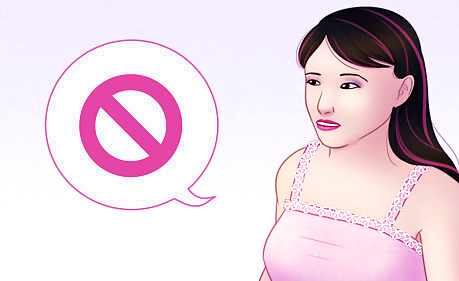
Correct anyone who says a person’s race impacts their risk of the virus. Since COVID-19 originated in China, there is a rumor that people of Asian descent spread or carry the virus. This is false, and the virus can infect anyone regardless of race. There is no reason to avoid anyone of a particular race or ethnic group. This is an especially dangerous claim because it’s led to discrimination and even violence against people of Asian descent. Claims that black people are safe from coronavirus have been debunked. You should follow social distancing procedures for everyone you come across in public, regardless of their race.

Remember that someone released from quarantine can’t spread the virus. People who have been exposed or come down with the virus are advised to isolate themselves for 14 days. Testing shows that people are not contagious anymore after 14 days in quarantine. Despite rumors and fears, someone who’s been in quarantine and didn't come down with the virus isn’t infectious and can’t spread it. Someone who's recovered from the virus is also no longer contagious. There’s no reason to avoid them. Someone who’s been released from quarantine should still follow all hygiene and social distancing procedures. Completing quarantine doesn’t mean you can’t get the virus. It's still uncertain how long someone who had the virus will be immune for, but they won't be immune for life. Even if you've had the virus and recovered, follow all the recommended social distancing and hygiene procedures.
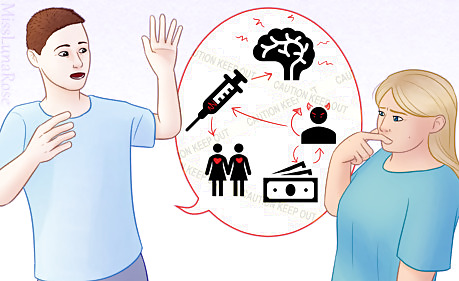
Stay away from myths about the cause of coronavirus. Coronavirus is a type of virus (i.e., parasite). It's spread from host to host through contact or droplets (such as from a sneeze). You need to worry about germs, not food or scientific progress. Here are some myths about what causes coronavirus: 5G exposure: Narrow-band radiation harms people because it's so small that it can dislodge electrons and break molecular bonds, causing people's atoms and molecules to fall apart. But wide waves are too gentle to cause harm. Also, people have fallen ill from coronavirus on ocean cruises, even though those cruises don't have 5G. Evil lab experiments: Researchers studying the disease found that it evolved naturally. It's similar to other viruses that already exist. Experts believe it spread to us from either bats or pangolins. Corona beer: The name is a coincidence. Sober people can also get sick.Tip: If you want to reduce your risk of infection, then try to reduce your exposure to germs.
Protecting Yourself from Rumors
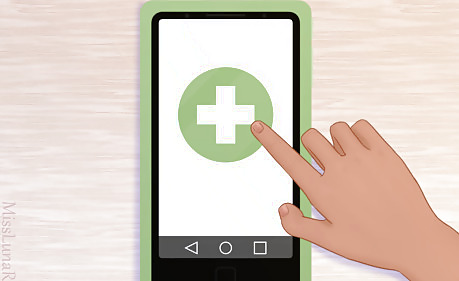
Learn about the virus from reputable sources. New rumors pop up all the time, so it’s not possible to learn about every one individually. The best way to stay ahead of rumors is by educating yourself on the virus from reputable sources. That way, you’ll be equipped to evaluate new information based on what you already know. The following websites have reliable information about the virus: Centers for Disease Control: https://www.cdc.gov/coronavirus/2019-ncov/index.html World Health Organization: https://www.who.int/emergencies/diseases/novel-coronavirus-2019 National Institutes of Health: https://www.nih.gov/health-information/coronavirus Mayo Clinic: https://www.mayoclinic.org/diseases-conditions/coronavirus/symptoms-causes/syc-20479963 Harvard Medical School: https://www.health.harvard.edu/diseases-and-conditions/coronavirus-resource-center Johns Hopkins University: https://coronavirus.jhu.edu/ Government websites for towns and states usually take their information from the CDC or WHO, so their information is usually trustworthy as well.
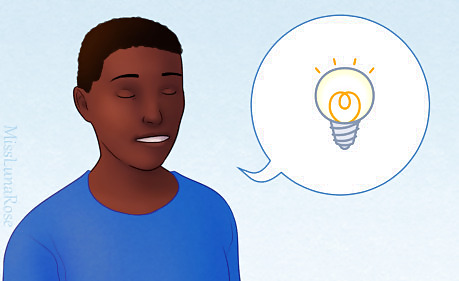
Judge new information based on what you know from reputable sources. You might not have the time or opportunity to investigate every claim about COVID-19 you hear. However, when you’ve educated yourself on the virus from reputable sources, you’re well-equipped to spot rumors and false information. Use the technical information you've gained from reliable sources to evaluate and refute rumors about the virus. For example, you might read a Facebook post that a new vitamin supplement kills the COVID-19 virus. However, you already know from the CDC that there aren’t any cures for the disease. This means you can already consider this a false rumor before even looking up the supplement. The exception here is if a reputable source like the CDC website posts this information. This has already been vetted and evaluated, so you can trust it if it contradicts information you already knew.

Consult the World Health Organization’s COVID-19 mythbuster page. False claims and rumors about COIVD-19 are so prevalent that the WHO started a webpage dedicated to disproving these rumors. The page gets periodic updates as the WHO learns about new rumors that are spreading. If you hear something and aren’t sure if it’s true, try checking the WHO mythbuster page at https://www.who.int/emergencies/diseases/novel-coronavirus-2019/advice-for-public/myth-busters.

Fact-check any news stories with a verified source. News organizations often report on the latest updates about COVID-19. Sometimes, this can spread rumors if they don’t adequately fact-check their information first. When you hear something on the news that seems suspect, try to verify the information from a reputable source like the CDC. If you can confirm the information, then it’s trustworthy, If not, then don’t believe it until a reputable source confirms it. There may be a slight delay between a news organization reporting on something and a source like the CDC confirming or refuting it. This is because these sources track down information and try to confirm it before reporting.

Check the sources that news stories cite to see if it’s reliable. Media organizations don’t always use the most reputable sources for their stories. If a story cites a source, try to evaluate that source for validity. Click on any cited source links to see if this information comes from a reliable source like the CDC or a medical site. If the source isn't a verified health organization or website, then the information is suspicious. This story as a whole might not be trustworthy if it's citing unverified health information. Good news articles should directly link to their sources if they’re available online. If a story doesn’t link to any sources that they’re quoting, then this is a bad sign. Articles that are reviewed or directly written by a doctor or best. Other stories might interview and quote a doctor, which is also a good sign. Websites that end in .gov and .edu are best for reliable information on the coronavirus. Some that end in .org, like mayoclinic.org, are also excellent sources. Sites that end in .com are commercial sites that don't necessarily fact-check their stories.
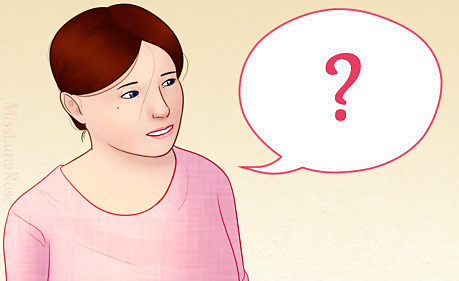
Investigate anything you read on social media. Social media helps false rumors spread much faster than it did in the past. If you see someone posting about something on social media, you should immediately be suspicious. Anyone can post on social media without verifying their facts. Before you believe anything that doesn't come from a verified source like the CDC, investigate it carefully. See which sources they're citing and if they're interpreting those sources correctly. If you can't verify the information, then don't believe it. News organizations might fact check their posts more than individuals, but they still make mistakes. Investigate their posts as well. Note that organizations like the CDC and Mayo Clinic have social media accounts as well. Follow these accounts for the best information.
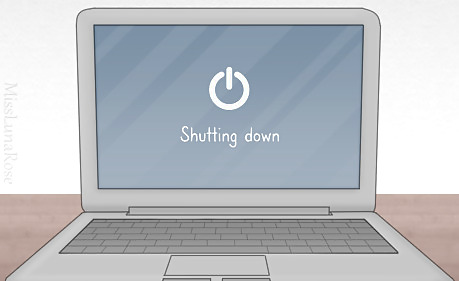
Take a break from news or social media if you're overwhelmed. Lots of scary information, true and untrue, can circulate during a pandemic. Sometimes it helps to step away from all of that and do something calming at home. If you want to be productive, try cleaning, working on a project, learning something new, getting exercise, talking about your feelings with someone you trust, or doing something nice for a loved one. Consider taking a break from social media for a few days or a week if you're finding it too upsetting. If you think you might have the urge to check, try making the apps harder to reach or asking a loved one to temporarily change your password.
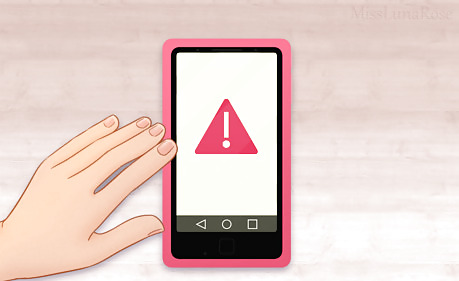
Avoid spreading any news that you can’t verify. Social media makes spreading false rumors much easier. People share stories without verifying them, which then makes the rumor spread. Do your part by verifying everything before you share it. If you can’t prove that something is accurate, then stay safe and don’t share it. Try to encourage your friends or followers to do the same. Together, the community can prevent false rumors from hurting people. If someone does share a fake story, be polite and inform them that it’s not accurate.

















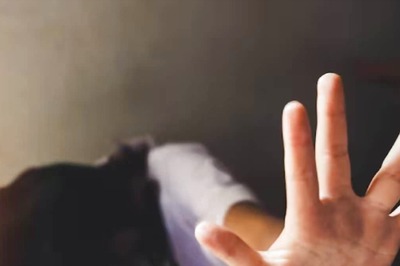

Comments
0 comment